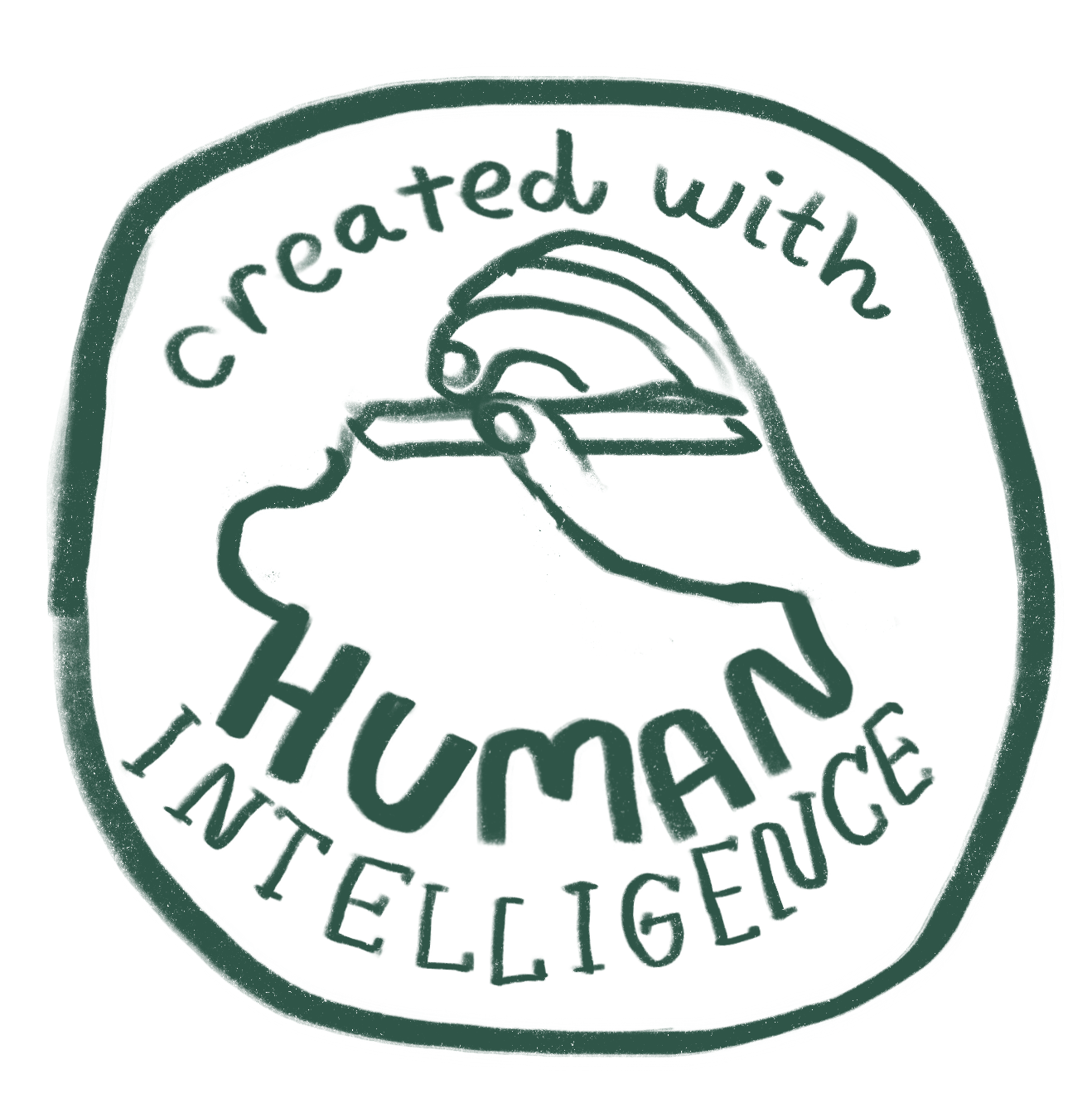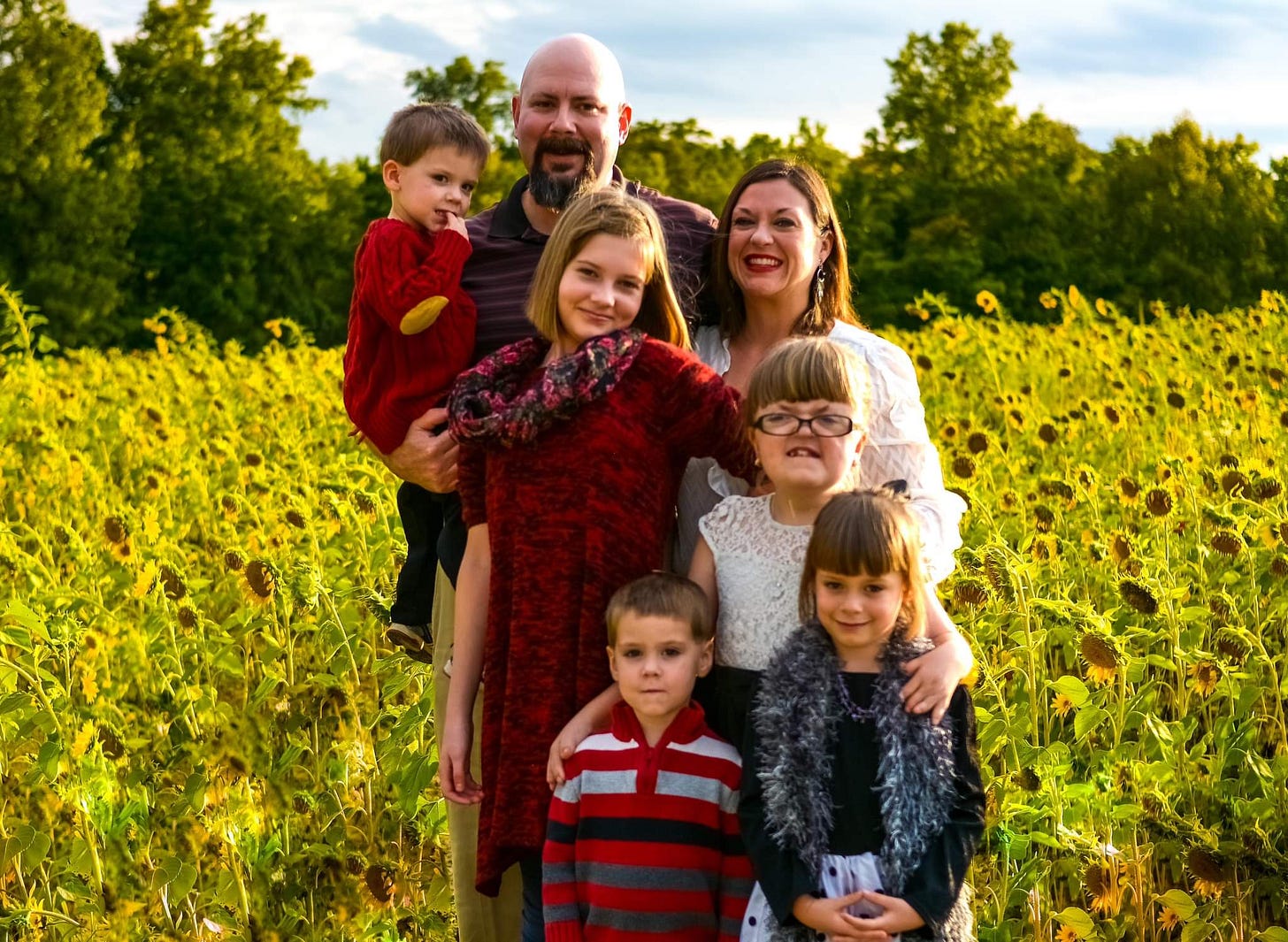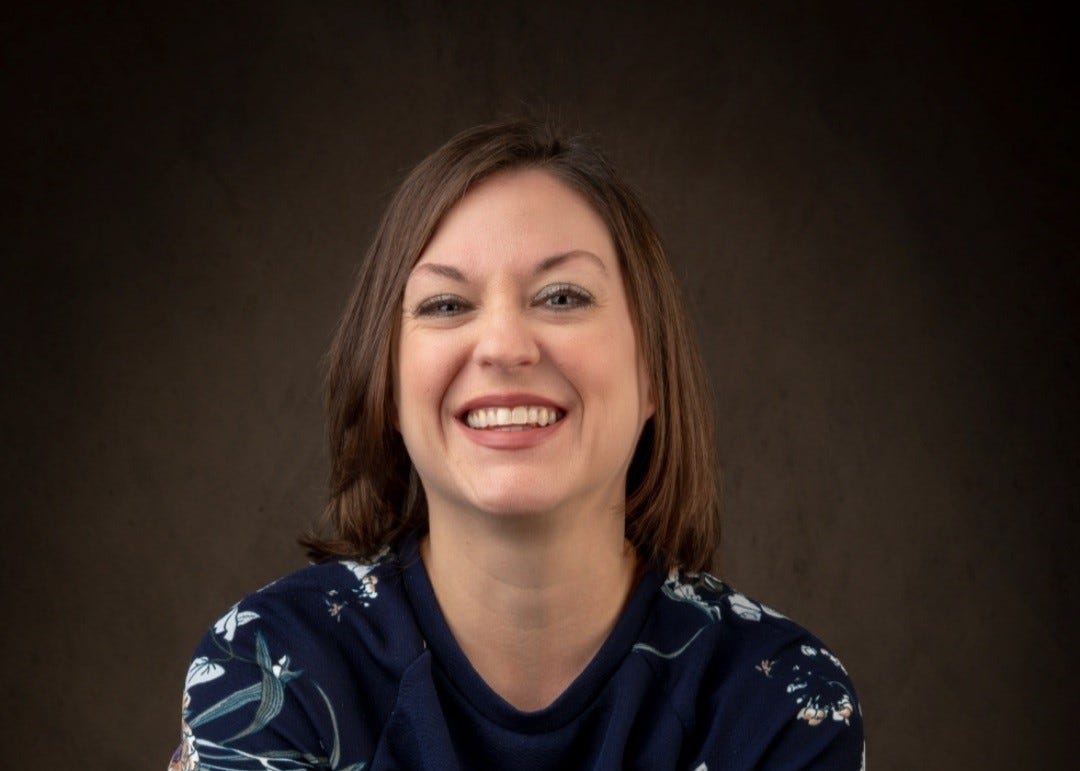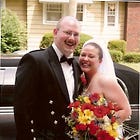Welcome. I’m grateful for your presence here.
Why my Substack, and why now?
We live in a hostile culture, where few of us feel safe being who we are without fear of violence, usually in the form of verbal assaults, physical altercations, or social ostracism. Division and discord continue to polarize us, so I am intentional about my Substack as a space where everyone knows they are welcome, supported, and valued.
I believe that each of us belongs to the human family, and we all deserve a place to freely share our stories without worrying about recrimination, judgment, or criticism.
On my Substack, I take seriously:
inclusion,
respect and non-violence,
and celebration.
Inclusion
This means that every person who arrives here will feel welcome and safe, regardless of race/nationality/ethnicity, religion/creed, lifestyle, gender, socioeconomic status, or political affiliation. I do not tolerate slander and vitriol.
Respect and Non-Violence
My aim is to provide a digital arena in which each subscriber knows they are valued within this space and where disparate views or stories can be discussed with openness and compassionate curiosity.
Celebration
In this community, we encourage and uplift one another. Every person knows they are affirmed and supported in their vulnerable sharing and that they are not alone.
What my subscribers want
Subscribers to my Substack are looking for tenderness.
They want to feel appreciated, seen, and deeply understood.
They value emotional and reflective storytelling and meaningful human interactions.
What you’ll get
By reading my essays, you’ll be stirred to emotion—sometimes laughter resulting from joy and delight, other times tears of healing or grief. You’ll be transformed and challenged by nuanced and complex stories that offer vibrant and rich glimpses into our common humanity.
My Substack essays and guest features will help you dig deeper into discovering what matters most to you, finding your brave story and ways you want to give voice to it, and receiving support from other subscribers in a community of thoughtful, sensitive people.
Free subscribers get:
Weekly essays on topics related to our shared human experiences,
Monthly guest features from authors who share their stories about strength and resilience,
Access to our virtual monthly book club and optional reflection questions.
Paid subscribers get all of the above, plus:
Access to my 45-minute talk, “Declutter Your Life” (spoiler: it’s not about spring cleaning),
An opportunity to financially patronize my mission of inclusion and celebration,
Ongoing support for me to supplement our household income for raising five kids, including one child with a rare and complex medical diagnosis.
Your paid subscription of only $5 per month helps more than I can say in this tight space. Because Sarah’s complex care requires about 20 unpaid hours of case management and caregiving that I provide, I am unable to work outside the home. Thank you kindly for helping me continue to use my words as conduits of healing and hope.
What influences my voice and style as a writer?
I want to disclose upfront that I do not use artificial intelligence in writing my essays, and I am not a writer of fluff. As a highly sensitive person and an INFJ on the Myers-Briggs Type Indicator, I am a deep thinker and feeler and bring that into everything I share.
Because my past publications include tomes on the spirituality of grief, you will find my exploration of both loss and love thematically woven into my reflections. I’m a highly sensitive person (HSP) and INFJ on the Myers-Briggs personality inventory, so everything I share here is a manifestation of those aspects of myself.
If you want to read thoughtful essays based on deep reflection regarding existential questions and grapplings, frustrations with living in the gray or the “both/and” places, and to feel a sense of connection and camaraderie, then I hope you will feel at home in this shared space with me.

Additional themes you will find influencing my essays include:
Ambivalence—Ambivalence has a lot to do with recognizing paradoxes and finding irony, beauty, and intriguing aspects of life in these.
Permission—Giving ourselves space to be who we are. This does not mean bulldozing others, but rather, being gentle and kind to ourselves as we often are to others.
The human right to live—We each have a unique footprint in this world, and our stories are worth sharing.
Destigmatizing psychological diagnoses and labels—Destigmatizing mental illness by understanding the etiology of certain illnesses, such as depression, can increase our empathy towards those who suffer.
Most of my readers tell me they feel emotionally validated through my writing. My belief is that each of us wants to be seen, heard, and valued for who we are, but we are often grappling with complex, multifaceted, and nuanced thoughts, beliefs, and feelings. I try to unspool what I am learning and share those insights with you, in the hopes that you will find clarity, encouragement, and inspiration in your own life.
Right now, I don’t have any “extras” to offer you as a reader (e.g., downloads or Zoom sessions or giveaways or freebies), and I want to be transparent about that before you choose to become a paid subscriber, although I am working on changing that within the next year. Should you decide to pay for a subscription, it is based on a patronage model, rather than a service model—meaning, you want to support the work I am creating and putting into the world, because you believe in it, too—and you have been touched by what you read here.
Because I understand that everyone is strapped for time, the fact that you’ve stopped by today to give my Substack a glance—maybe even reading an essay or two of mine—is humbling and a privilege. Thank you doesn’t suffice, but know that you are welcome in my space, and I make this a refuge of safety for those who feel vulnerable or choose to share their stories with me.
The background story behind the title “I Grow Strong Again” is explained in this essay:
To understand more about who I am, what is important to me, why I write, and my professional background, keep reading.
I am honored and grateful you’re here.
I believe you don’t need permission from anyone to be who you are.

My Professional Credentials
I don’t think you have to be credentialed in professional writing or editing in order to become successful in the industry. I am proof of that. My college degrees are in Psychology (B.A.) and School Counseling (M.S.Ed.), and I knew nothing about query letters or protocol in the publishing world. Today, I am a hybrid author (both self- and traditionally published) and public speaker.
You can find my books here and learn more about what I speak about here.
My Background and Creative Work
When I was a little girl, my dream was to become a published author. I always had a creative mind and loved to explore the world using various media, including watercolors, pencil sketches, charcoal, and acrylics. Writing short stories became an avenue in which I could do two things: escape my real life and imagine what else might exist in the world.
From the day I was gifted a Hello Kitty diary with a lock and key (in third grade, on my birthday), I journaled daily. Looking back, I think that’s why writing publicly became a natural transition from “Dear Diary” entries. It was the practice that homed my craft.
I got started professionally writing by volunteering to be a guest blogger on many websites (CatholicMom.com was one of them). Now, nearly ten years later, my work is visible on dozens of websites and print publications.
I truly believe that perseverance is key to fulfilling the heart’s longings.
Who I Am
I am a middle-aged wife to Ben and mom of five crazy kiddos: Felicity (14), Sarah (12), Veronica (7), Joey (6), and Auggie (5). Honestly, I never imagined myself having even one child, let alone five, but here I am. The weirdest part is that we don’t have a “typical” family, in the sense that some of our kids have developed according to the norm of their peers.
Felicity struggles with anxiety. Sarah was born with a genetic craniofacial condition (Apert syndrome, which I mentioned earlier) that affects her entire body. It’s more of a systemic issue than merely a facial one. She currently has fifteen specialists, many of whom we see monthly or even weekly, and she is also on the ASD (autism spectrum disorder), as well as struggling with ADHD and intellectual disabilities.
There are many avocations that fascinate me and capture my attention. These days, they mostly include creative cooking, wine tasting, reading, and walking in nature. Occasionally, I scrap book mementos and photos throughout the year, and I’d love to pick up traveling again, once the kids are a bit older.
Our family lives in northern Indiana. I’ve always been a Midwestern gal, born and raised as a Hoosier. My husband is a transplant from Colorado, though, and he will always miss his Rocky Mountains.




